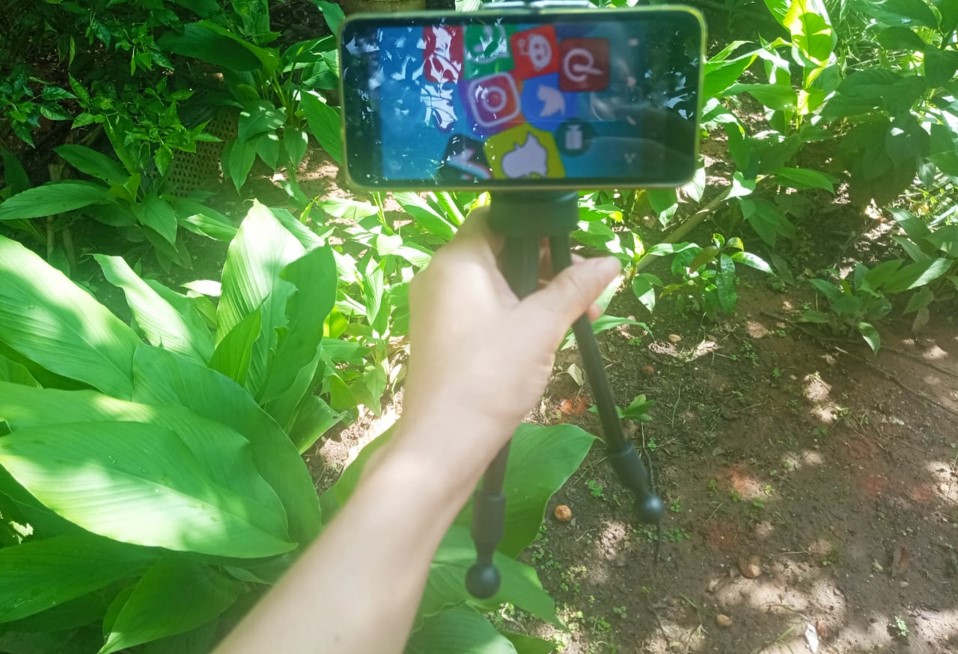Week 219. Why are social media so addictive?

For those who wonder whether social networks are good or bad, I can say that everyone has their own preconception on this subject, I will base my assertions on some clues that psychology gives on the subject and my assertions about it.
It is well known that social networks were created as a possibility of connection between people to share their ideas and thoughts in an instantaneous and fast way. The impact and evolution of the majority of social networks has not been fortuitous, but behind it there is a careful study of professionals who are responsible for finding ways to retain the viewer as long as possible in their network, for this they make use of neuroscience among other specialised branches to attract attention; a palpable example of this are the personalised algorithms according to the tastes of the viewer, thus capturing the attention and therefore their retention in the network for longer.
How do they achieve this? By stimulating people's attention through emotions, through vibrant experiences, which has developed in some people dependence, addiction to social networks, this dependence is based on the fact that the brain gets used to instant gratification, to the valuation through the likes, to pleasure, which generates a stimulation of dopamine which leads a group of people to be more and more active and to seek the immediate reward offered by the networks, is that, the more time we spend looking for gratification, the more the neurotransmitter of pleasure and reward, dopamine, gives sparks of dopamine to the brain, which brings momentary happiness, something that turns into addiction and the brain adapts to this chemical, becoming more and more dependent on these impulses.
.jpg)
It is important to stress that there are many people who are not dominated by addiction to social networks and use them with moderation and caution, however, there are more and more addicts among the most vulnerable are children and young people who give in more quickly because they have an immature prefrontal cortex and have little control over the impulses to which they are exposed and give in to the hyperstimulation offered by some social networks, It is therefore important for adults to guide them, placing limits on the hours they spend exposed to the net, teaching them to distinguish between what is real and what is created so that they are not deceived.
As well as helping them to manage their emotions, teaching them to connect with real life, to go for a walk, to disconnect and go into aeroplane mode from time to time, making them understand that real life is not about getting immediate rewards, but that the best things in life take time and effort in order to get rewards.
I think we have to warn them about the consequences of social networks if they are not used properly, such as: disconnection from real life, dissatisfaction with life because they see that others are doing better and have a better life, feelings of frustration, isolation, loneliness, loss of time, physical illnesses derived from overexposure to networks, etc.

So to answer the initial question I think that social networks are not bad in themselves, they have countless advantages for their use, indeed they are necessary for daily life as they are a window for communication, I think the difference is in each individual who uses social networks and self-control that this must possess, then the fault is not the tool but who makes use of it, and sometimes some people tend to blame everything that happens to the system and do not take responsibility for their actions.
If you made it to the end of the reading I thank you,
Thanks to @galenkp for showing us these interesting topics.
I wish you a fabulous weekend, greetings and blessings.
Translated with DeepL.com (free version)
Thanks for your post, a very clear explanation of why many of us are dependent on social networks, I consider myself a consumer of them and I struggle every day to stay away from my cell phone.
I have to accept that I suffer from addiction to networks, some more than others, but I have it... in an addictive way I need that dopamine.
🌹
We can all be vulnerable to overexposure to social networks, I encourage you to gradually break the addiction and use it for what is necessary. Greetings and happy weekend
It is essential, for those who like networks, to use them responsibly, as they have a very dark side. Thank you very much @liyuxiexie 😃
We should certainly be cautious when using social networks, thank you for your nice visit.
It's a real pleasure!🤗
in my opinion, social networks become so addictive because of the need of human beings to be known and to meet other people.
Yes, it is a set of needs that networks try to mimic. I agree, thanks for your visit, greetings and blessings.
Apoyando el contenido de la comunidad de Top Five Family.
!HUESO
Click on this banner, to be directed to the Virtual World Discord and learn more about the curation project.
!LOL
lolztoken.com
He needed to get his grades up
Credit: reddit
@osomar357, I sent you an $LOLZ on behalf of bot-bdbhueso
(1/8)
NEW: Join LOLZ's Daily Earn and Burn Contest and win $LOLZ